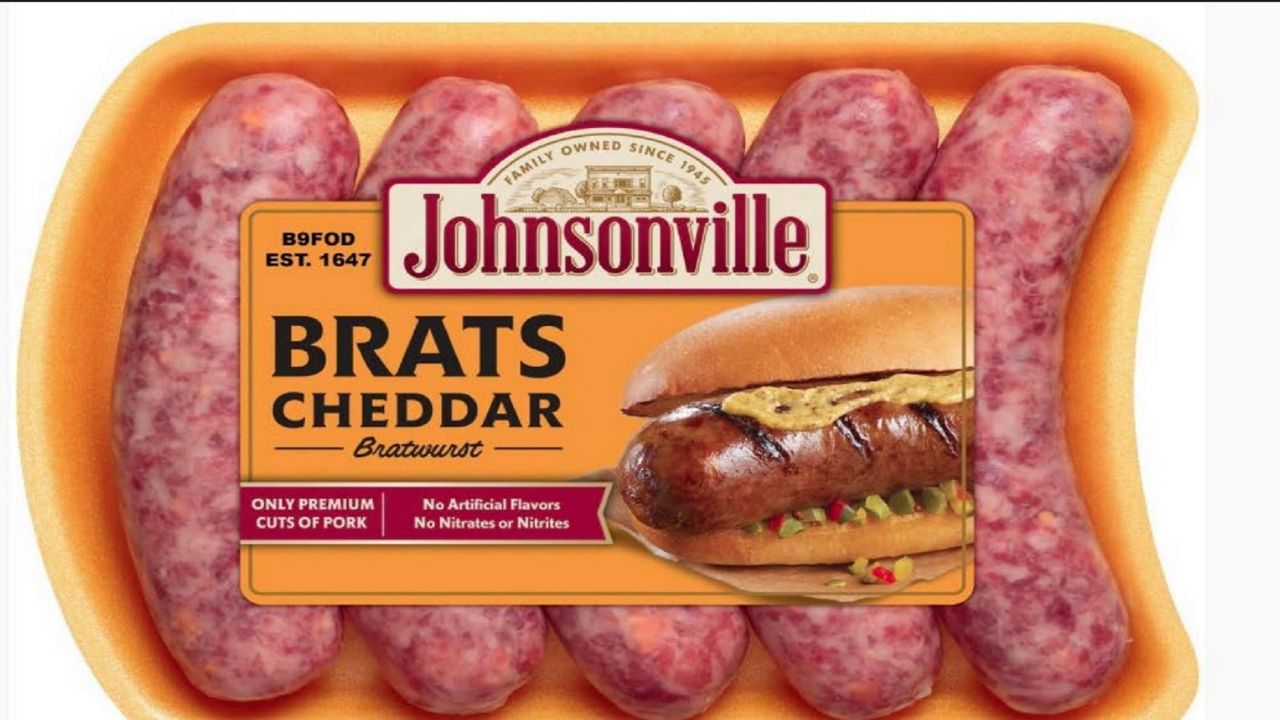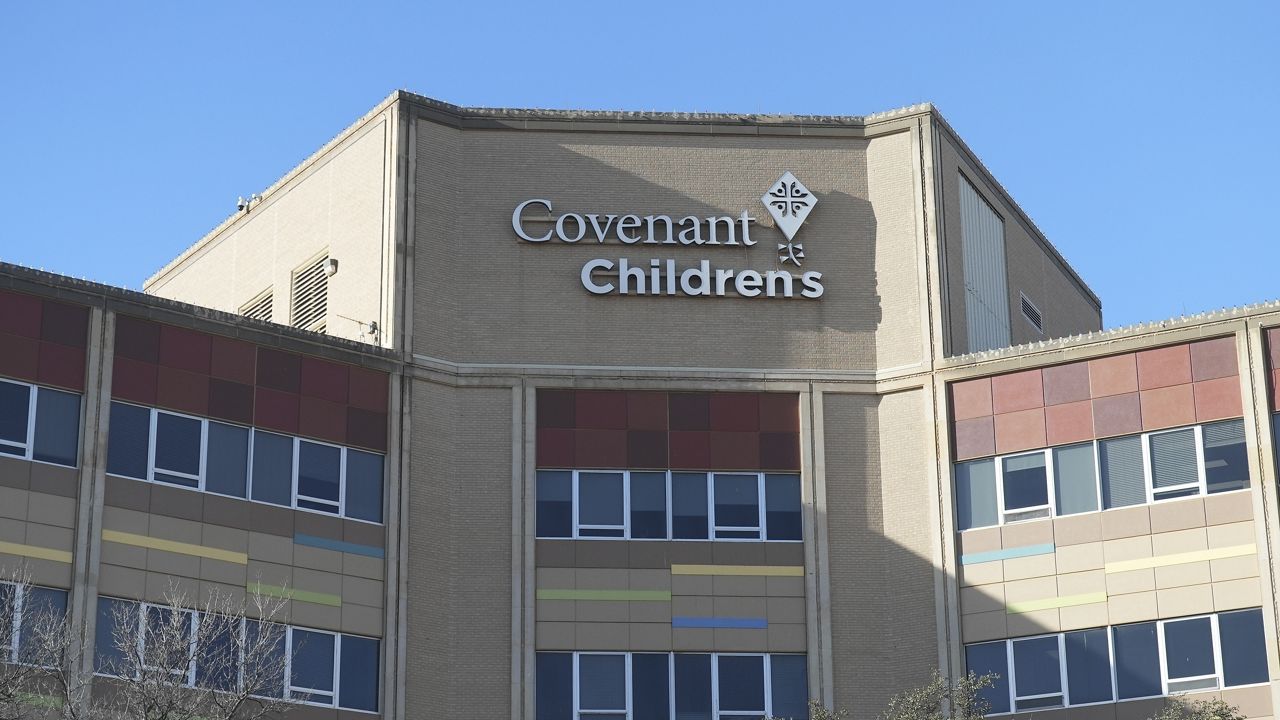Beech-Nut Nutrition issued a voluntary recall for one lot of a baby cereal product after samples "tested above the guidance level for naturally occurring inorganic arsenic set by the FDA," according to the U.S. regulator.
"FDA has recognized that trace elements such as these are widely present in the environment, including water, soil and food," the FDA said in a statement, "and has also stated that exposure to elevated levels of naturally occurring inorganic arsenic can pose a health hazard to young children."
The specific recalled product — Beech-Nut Stage 1, Single Grain Rice Cereal (UPC Code No. 52200034705) — has an expiration date of May 1, 2022 and the product codes 103470XXXX and 093470XXXX, and was distributed nationally through retail stores and online, according to the company.
"No illnesses related to these product codes have been reported to date, and no other rice cereal production dates or Beech-Nut products are affected by this recall," Beech-Nut said in a statement on its website.
"The safety of infants and children is Beech-Nut's top priority," Jason Jacobs, the company's vice president of food safety and quality, said in a statement from the FDA. "We are issuing this voluntary recall, because we learned through routine sampling by the State of Alaska that a limited quantity of Beech-Nut Single Grain Rice Cereal products had levels of naturally-occurring inorganic arsenic above the FDA guidance level, even though the rice flour used to produce these products tested below the FDA guidance level for inorganic arsenic."
"The recall issued by Beech-Nut demonstrates our shared commitment to the safety of the foods eaten by babies and young children," Dr. Susan Mayne, director of the FDA’s Center for Food Safety and Applied Nutrition, wrote on Twitter.
The company will also "exit the market" for baby rice cereal, the FDA said in its statement.
"Beech-Nut is concerned about the ability to consistently obtain rice flour well-below the FDA guidance level and Beech-Nut specifications for naturally occurring inorganic arsenic," the FDA wrote.
The FDA first pushed for limits on arsenic levels in infant rice cereal in 2016 and issued its final guidance on arsenic levels in August 2020, listing an action level of 100 parts per billion.
"Results from sampling in 2018 show that 76% of samples were at or below the 100 ppb level, compared to 47% of samples tested in 2014 and 36% of samples tested between 2011-2013," the FDA wrote last year. "Both white rice and brown rice cereals showed improvement in meeting the 100 ppb level, but the improvement was greatest for white rice cereals, which tend to have lower levels of inorganic arsenic overall."
The FDA took additional action earlier this year, reminding manufacturers of food for babies and young children "of their existing responsibility to consider risks from chemical hazards, including toxic elements, when conducting a hazard analysis, including for products for babies and young children."
A report from a House Oversight subcommittee earlier this year found that "baby foods are tainted with significant levels of toxic heavy metals, including arsenic, lead, cadmium, and mercury," according to internal company documents and test results from some of the largest manufacturers of baby food in the U.S., which were obtained by the Subcommittee.







